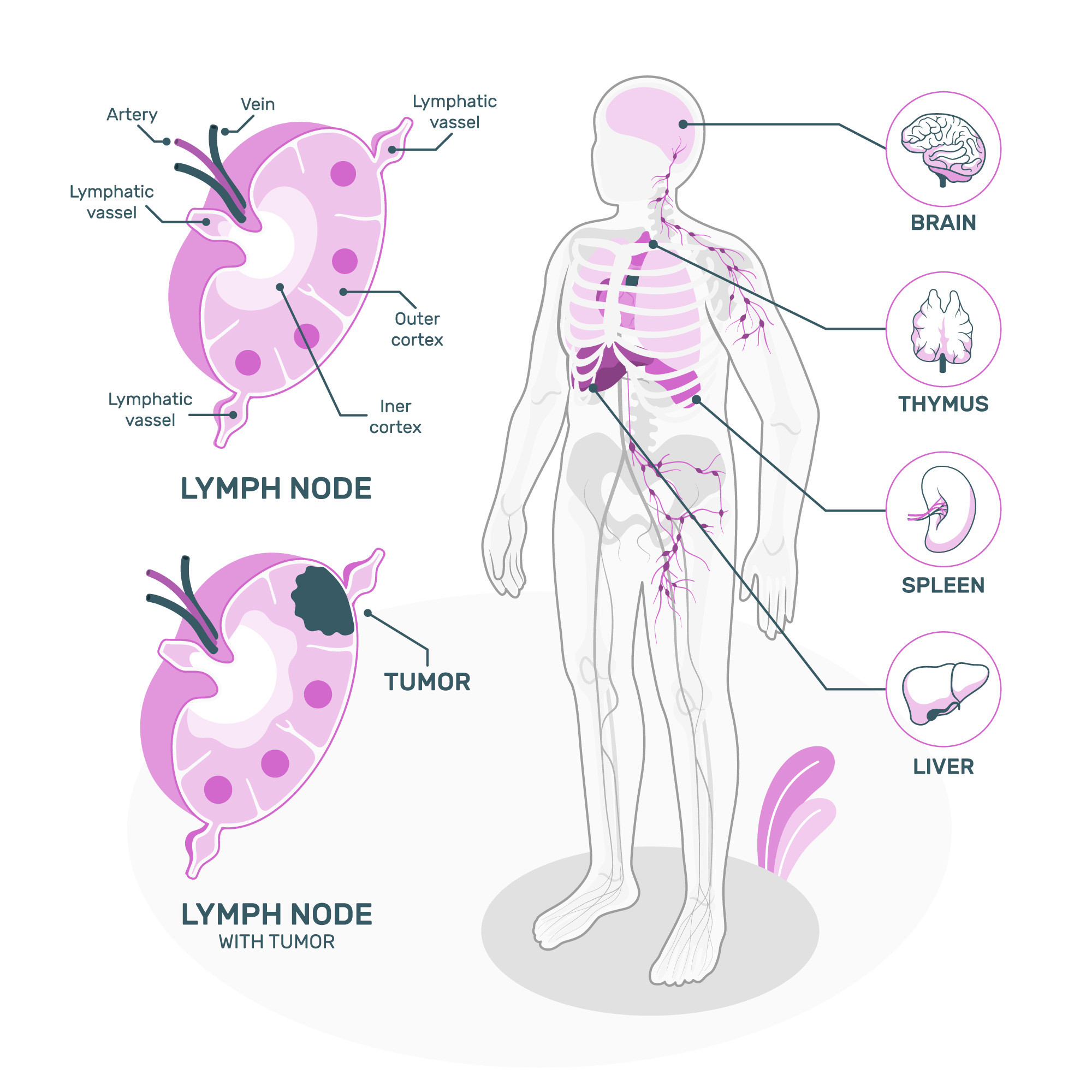Definition
An AFP test measures the levels of alpha-fetoprotein (AFP) in the blood. AFP is a type of protein produced in large amounts by a developing fetus but is only found in small amounts in healthy adults. In fetuses, AFP is present in the amniotic fluid and can also cross into a pregnant woman’s bloodstream through the placenta.
The AFP test is often performed on pregnant women during the second trimester to assess the fetus's health. Abnormal AFP levels in the mother may indicate potential neurological or genetic abnormalities in the fetus. In Indonesia, the AFP test is commonly used as a tumor marker. Tumor markers are substances in the blood that increase in the presence of certain cancers. Elevated AFP levels can be associated with cancers such as liver cancer and testicular cancer.
Indications
The AFP test is typically conducted during the second trimester of pregnancy, especially for high-risk pregnancies, including:
- Women aged 35 years or older.
- A family history of congenital disorders.
- Use of medications deemed unsafe during pregnancy.
- Pre-existing diabetes.
- Parents with a history of Down syndrome.
In non-pregnant women, the AFP test serves as a diagnostic and evaluative tool for the following conditions:
- Liver cancer.
- Testicular cancer.
- Uterine cancer.
- Pancreatic cancer.
- Lymphoma (cancer of the lymphatic system).
- Liver cirrhosis (scar tissue formation disrupting liver function).
- Hepatitis (liver inflammation caused by infection).
The AFP test is instrumental in confirming or ruling out cancer diagnoses. Additionally, it aids in monitoring the effectiveness of chemotherapy in cancer patients, determining whether the therapy is effective. This test is also valuable for assessing the condition of patients with liver cirrhosis and hepatitis.
Contraindications
There are no specific contraindications for the AFP test, making it suitable for everyone.
Preparation Prior to Test
Special preparation is generally unnecessary. Pregnant women should inform their doctor about their current pregnancy, previous pregnancy experiences, and personal and family medical histories.
Test Procedure
The AFP test involves collecting a blood sample. A healthcare professional will clean the area, usually the crease of the arm, with a sterile alcohol swab. A sterile syringe is then used to draw blood from a vein, which is collected into a specialized tube.
The sample is sent to the laboratory for analysis using specialized equipment. Test results are usually available within 1–2 weeks. For pregnant women, weight is typically measured before blood collection.
Normal and Abnormal Values
AFP test results vary based on factors such as gender, pregnancy, and overall health. Normal AFP levels are values less than 10 ng/mL or within the range of 10–20 ng/mL in adults. Meanwhile, AFP tests are considered abnormal if the values exceed 400 ng/mL, and this may signal a medical issue.
Results and Recommendations (Follow-up Tests)
Increased AFP Levels
Elevated AFP levels can indicate conditions such as cancer or liver disorders. The test can also evaluate the effectiveness of cancer treatment. Persistently high AFP levels after anticancer therapy may suggest continued cancer activity or ineffective treatment.
For pregnant women, an increase in AFP levels may signal fetal abnormalities such as neural tube defects (e.g., spina bifida) or brain and skull disorders (e.g., anencephaly). Doctors typically correlate gestational age with AFP levels to determine whether the increase is within normal limits.
It is important to remember that the AFP test is a screening tool, not a diagnostic test. Abnormal test results only indicate a higher risk and do not confirm fetal abnormalities.
Decreased AFP Levels
In cancer patients, declining AFP levels generally signify a positive response to therapy. If AFP levels fail to normalize within a month post-treatment, this suggests stable disease with no significant improvement.
For pregnant women, low AFP levels may indicate potential fetal conditions such as Down syndrome or Edwards syndrome. Repeated pregnancies can also yield AFP values below normal. These findings do not guarantee fetal abnormalities but highlight the need for further diagnostic tests.
Consult the Right Doctor
Pregnant women with abnormal AFP levels should consult an obstetrician for a comprehensive evaluation of fetal health. The doctor may recommend additional tests, such as an ultrasound or amniocentesis, to clarify the diagnosis.
Non-pregnant individuals with abnormal AFP results should seek advice from an internist to determine appropriate next steps and potential therapies.
Looking for more information about laboratory, radiology, and other examination results? Click here!
- dr Hanifa Rahma
Alpha-fetoprotein (AFP) test. (2022). Retrieved 20 July 2022, from https://www.healthnavigator.org.nz/health-a-z/a/alpha-fetoprotein-afp-test/
Alpha-Fetoprotein Test/ (2022). Retrived 20 July 2022. From https://www.healthline.com/health/alpha-fetoprotein#results
AFP Blood Test During Pregnancy. (2022). Retrived 20 July 2022. From https://www.webmd.com/baby/afp-blood-test-pregnancy
Alpha – Fetoprotein Tumor Marker (Blood). (2022). Retrived 20 July 2022. From https://www.urmc.rochester.edu/encyclopedia/content.aspx?contenttypeid=167&contentid=alpha_fetoprotein_tumor_marker
Alpha-fetoprotein (AFP) Screening Test. (2022). Retrived 20 July 2022. From https://www.stanfordchildrens.org/en/topic/default?id=alpha-fetoprotein-afp-90-P02426
Alpha-fetoprotein (AFP) Tumor Marker. (2022). Retrived 20 July 2022. From https://www.testing.com/tests/alpha-fetoprotein-afp-tumor-marker/
Alpha Fetoprotein (AFP) Tumor Marker Test. (2022). Retrived 20 July 2022. From https://medlineplus.gov/lab-tests/alpha-fetoprotein-afp-tumor-marker-test/












